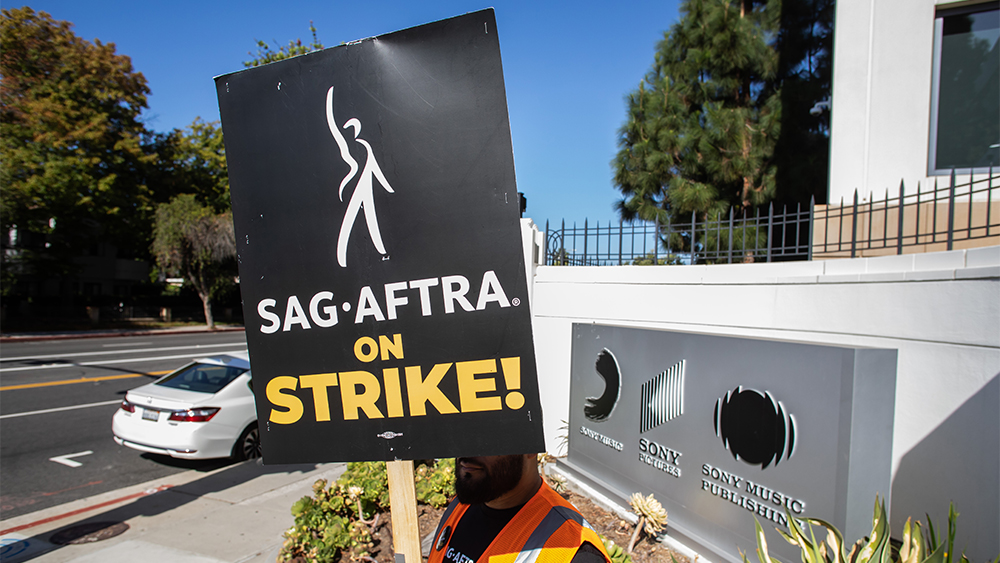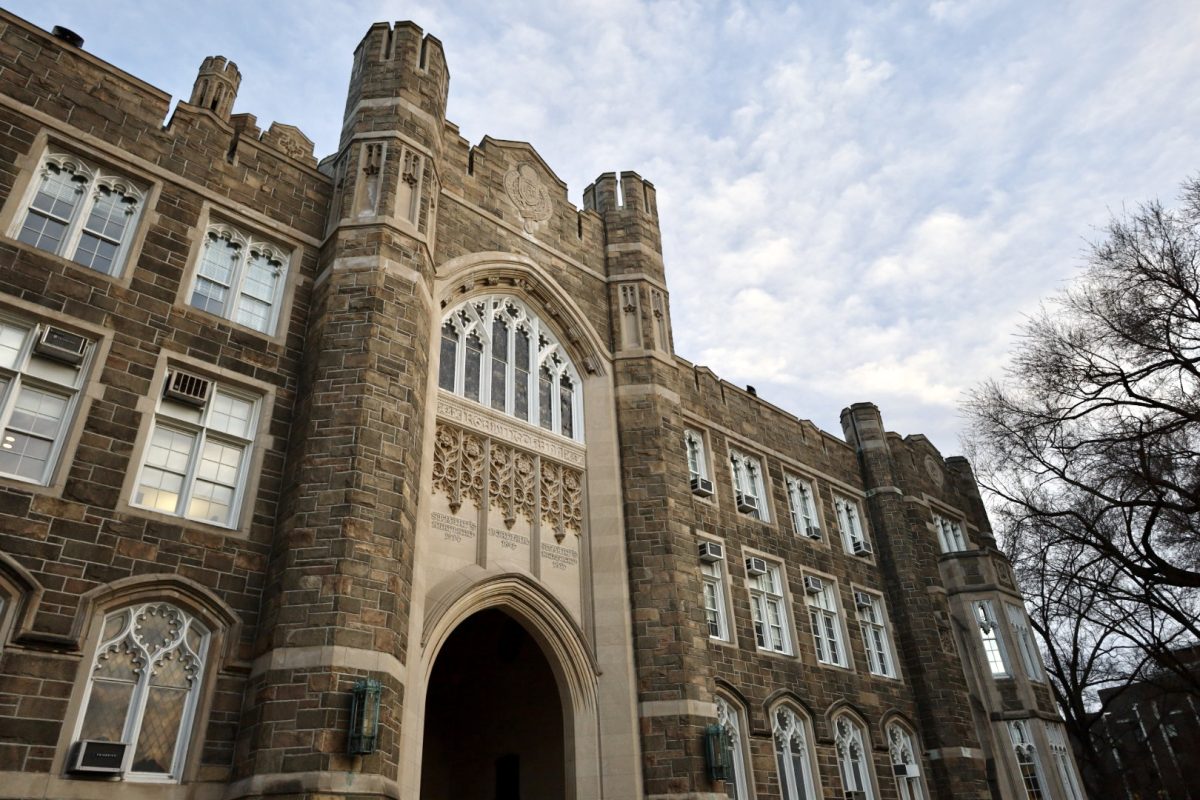After four months, the Screen Actors Guild and American Federation of Television and Radio Artists (SAG-AFTRA) ended their strike against the Alliance of Motion Picture and Television Producers (AMPTP). In a historic summer for the entertainment industry, the Writers Guild of America (WGA) went on strike in May of this year, with SAG-AFTRA following suit in July. When the WGA strike ended in September, it was only a matter of time before SAG-AFTRA also reached a deal with the AMPTP.
On Nov. 9, the strike officially ended, putting the entertainment industry back in motion. A statement from SAG-AFTRA said that their tentative agreement with the AMPTP includes “minimum compensation increases, unprecedented provisions for consent and compensation that will protect members from the threat of [artificial intelligence (AI)], and for the first time establishes a streaming participation bonus.”
On Nov. 12, a summary of the tentative agreement was released, which detailed the specific compromises between SAG-AFTRA and the AMPTP. One of SAG-AFTRA’s primary demands was increases in pay. Both actors in speaking roles and background actors had wage increases, and actors will receive more substantive residuals from films and television shows on streaming services.
Another SAG-AFTRA demand was regulating the use of AI. Actors were concerned that AI would be used to replicate their performances without their consent, and they demanded that there be “informed consent and fair compensation” for actors if such technology was used. The tentative agreement addresses these concerns by providing “consent and compensation around digital replicas; consent and compensation around digital replicas created outside the scope of a project; and digital alterations to an actor’s performance.”
On Nov. 24, the full text of the agreement was released for members to review. According to an email from Guild National Director Duncan Crabtree-Ireland, members have until Dec. 5 to vote “yes,” which would make the contract official, or “no.” The email summarizes the new agreement and addresses many of the union’s demands. Crabtree-Ireland ultimately concluded by stating that “[SAG-AFTRA’s] National Board and Negotiating Committee both voted to approve and recommend a YES vote.”
When the tentative agreement was first announced, there were concerns that it failed to meet many of the union’s initial demands, particularly regarding the use of AI. While the majority of SAG-AFTRA board members approved of the deal, some were concerned with the use of any AI within the entertainment industry. According to Variety, actor Shaan Sharma stated that if SAG-AFTRA permits the use of AI, companies could find “‘significant loopholes’ in the AI language” that could threaten the creativity of the film industry in the future.
Actress Justine Bateman has also expressed her discontent with the agreement. She stated in an interview with Deadline that the AI restrictions in the contract are not strong enough, and with technology rapidly progressing, actors will not fully see such effects until it is too late. She also stated that “generative AI in the film business at all, I think, is offensive and it’s insulting to filmmakers, from actors to the grips to everybody.”
Fran Drescher, president of SAG-AFTRA, responded to such criticisms, stating that even though they did not receive all of their demands, they received many great strides that will “set the groundwork for our future and generations to come.” She also stated that “in negotiation, you have to weigh and measure and make your informed decision on behalf of the greater good.”
If the new contract is approved by the majority of SAG-AFTRA members, it is difficult to determine what the long-term effects this decision will have. On one hand, it is highly likely, like Drescher said, that not all of their demands could have been met at once. On the other hand, it is possible that studios may try to use AI to take advantage of the actors’ hard work. With the rapidly evolving technology and the prevalence of AI across working industries, SAG-AFTRA should definitely bear this in mind for future contract renewals.
Nevertheless, actors can now return to work, and the entertainment industry is definitely back in motion. While the strike occurred, there were already many changes to the film industry, including the releases of movies and television shows being pushed back. Now, many film productions have resumed, from the highly anticipated Marvel flick “Deadpool 3” to an adaptation of Colleen Hoover’s novel “It Ends With Us.” In the television industry, David Harbour, star of “Stranger Things,” revealed on Nov. 11 that he was contacted only “10 minutes after the SAG [announcement] on Twitter” about traveling to Atlanta to begin production on season five of the hit Netflix series.
Meanwhile, new awards ceremony dates have been finalized for the 2023-24 season. The Emmys, which were originally scheduled for September, will now air on Jan. 15, with most of the prestigious awards ceremonies, such as the Oscars, still airing in their usual timeframes, from January to March.
SAG-AFTRA should remain cautious of the possible loopholes in the contract. Drescher said that when negotiating a contract, “in order to stand tall, you must be able to lean as well.” For SAG-AFTRA’s sake, let’s hope they don’t lean too far. Still, actors, entertainment workers and movie and television fans have emerged from the strike victorious, and a fresh new slate of entertainment should be expected in the upcoming year.







































































































































































































